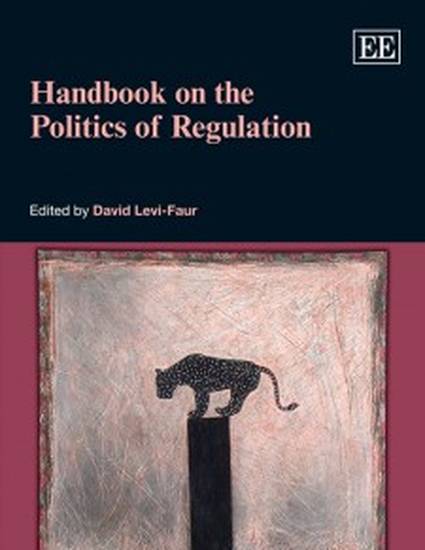
Contribution to Book
Regulation of Professions
Handbook on the Politics of Regulation
(2011)
Abstract
In this chapter we analyze the regulation of professions. A profession can be defined as an occupation with the following general characteristics: it requires a specialized skill, that skill is partially or fully acquired by intellectual training; it provides a service, the service calling for a high degree of integrity; and it involves direct or fiduciary relations with clients. Certain professions, namely lawyers, notaries, physicians, pharmacists, accountants, architects and engineers, appear to be relatively highly regulated. A trend for more state intervention and less reliance on self-regulation has been noted in recent times. A critical assessment is offered of the economic theory of the regulation of professions, in particular in relation to the key issues of: (a) Why regulate (in particular, the public interest and private interest theories), (b) How to regulate (including self-regulation), and (c) What to regulate (entry, advertising, fees, structure and professional standards). We focus on the legal and medical professions.
Keywords
- lawyers,
- regulation,
- public interest,
- capture
Disciplines
Publication Date
2011
Editor
David Lavi-Faur
Citation Information
Nuno Garoupa. "Regulation of Professions" Handbook on the Politics of Regulation (2011) Available at: http://works.bepress.com/nunogaroupa/113/
